Meet Justice Ahsanuddin Amanullah and his Notable Judicial decisions
- ByPravleen Kaur --
- 18 Jun 2025 --
- 0 Comments
Justice Ahsanuddin Amanullah, born on May 11, 1963, is a sitting judge of the Supreme Court of India, appointed in February 2023. He completed his law degree from Patna Law College and began his legal career in 1991, enrolling with the Bihar State Bar Council. Justice Amanullah practiced predominantly in the Patna High Court, specializing in constitutional and service law, but also handled matters in civil, criminal, taxation, labor, corporate, and forest law. He represented both government and private clients, including Indian Railways, Unit Trust of India, and various state agencies, and served as Standing Counsel and Government Advocate for the State of Bihar.
Justice Amanullah’s judicial career began with his elevation to the Patna High Court in June 2011. He was later transferred to the Andhra Pradesh High Court in 2021 before returning to Patna High Court in 2022. He has also held significant administrative roles, such as Chairman of the Patna High Court Juvenile Justice Monitoring Committee, Patna High Court Legal Services Committee, and Executive Chairman of the Andhra Pradesh and Bihar State Legal Services Authorities.
Landmark Judgments and Contributions
While Justice Amanullah’s Supreme Court tenure is ongoing and his most high-profile judgments are still emerging, his judicial and administrative contributions are notable:
Judicial Reforms and E-Courts:
Justice Amanullah was the first judge to hold a paperless e-Court in the Patna High Court, pioneering digital transformation in court procedures and setting a precedent for judicial efficiency and transparency.
Juvenile Justice and Legal Aid:
He has played a pivotal role in strengthening juvenile justice systems and expanding access to legal aid. As Chairman of various legal services committees, he has worked to ensure that marginalized and vulnerable sections of society receive effective legal representation and support.
Constitutional and Service Law:
Justice Amanullah has delivered several important judgments in constitutional and service law, particularly during his tenure at the Patna High Court. His decisions have often emphasized procedural fairness, protection of individual rights, and government accountability.
Administrative Law and Social Issues:
He has acted as amicus curiae in significant matters and has been involved in drafting and vetting subordinate legislation for the Bihar Legislature, contributing to the development of state legal frameworks.
Justice Amanullah’s approach is marked by a commitment to social justice, procedural reforms, and the use of technology to modernize the judiciary. His work continues to shape Indian jurisprudence, particularly in areas of legal aid, juvenile justice, and constitutional law.
Related
What are Justice Ahsanuddin Amanullah’s most influential landmark judgments in Indian law
How did his rulings shape constitutional and service laws in Bihar and beyond
Why is his role as the first judge to hold a paperless e-Court significant for judicial reform
In what ways did his decisions impact social issues and administrative justice in India
How might his Supreme Court judgments influence future legal interpretations and reforms



































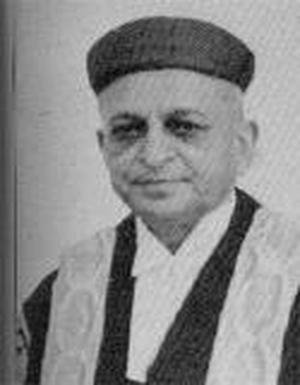
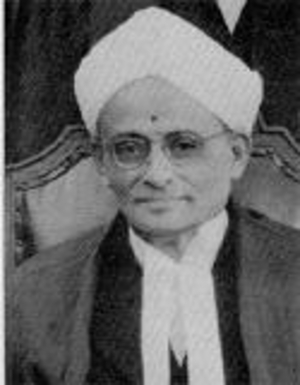

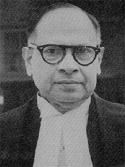
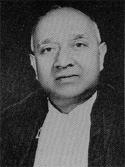


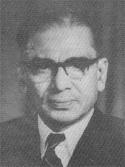
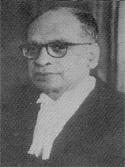


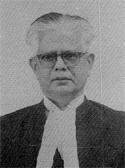








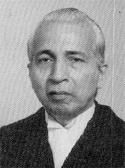
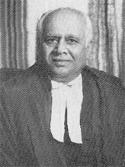
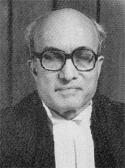

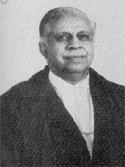


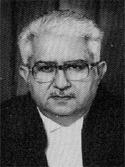























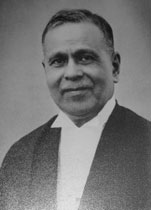
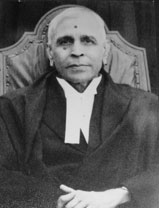

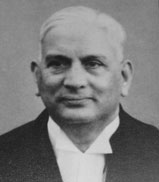
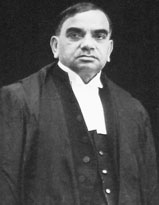

0 comments